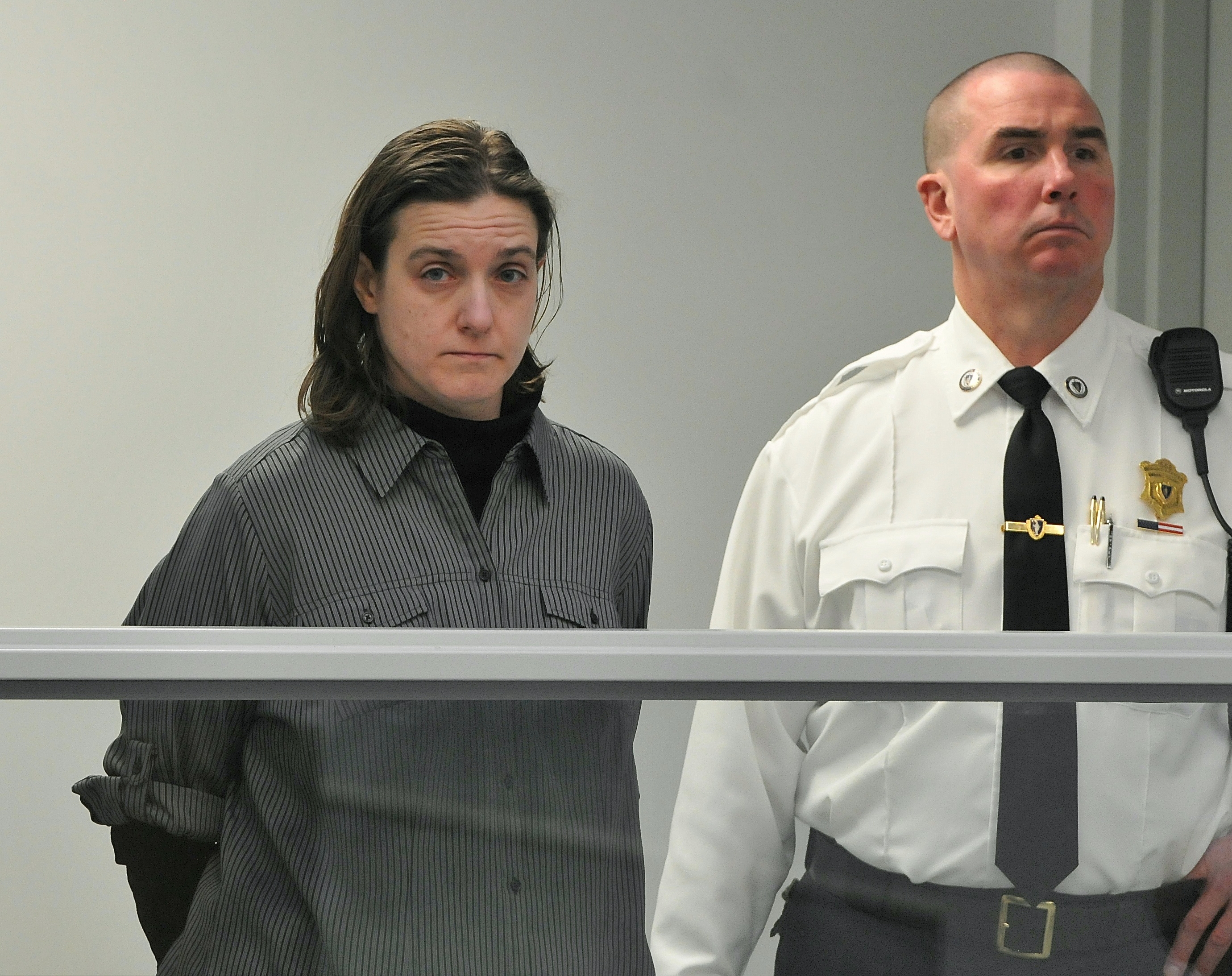Tainted Drug Tests Sent Thousands to Jail — and They're Still There
By:
Scandals involving drug testing laboratories in Massachusetts potentially contaminated test samples involving as many as 40,000 cases. And while the two technicians at the center of the scandals have been caught, the convictions based on these tainted samples remain.
This week, a coalition of over 40 community, religious, advocacy, and civil rights organizations sent a letter to district attorneys across the state with a simple demand: dismiss all of the convictions marred by these scandals.
The letter was drafted by the No Drug Arrests Collective, a Boston-based coalition that advocates treating drug abuse as a public health problem. It's calling for the immediate dismissal of every tainted case handled by the drug laboratory in Hinton, Mass., including an unknown number of people currently in prison. How many people is that?
Jason Lydon, founder of the group Black and Pink, which is one of the signatories of the letter, told ATTN: that nobody is sure. "Part of the problem is that the prosecutors have been extremely unhelpful in terms of providing defense attorneys and defendants with timely information about who is impacted," Lydon said.
Lydon and the other signers ask that not only all the Hinton cases be thrown out, but that the defendants receive restitution from the state and have their records expunged. The letter also demands the state explore alternative sentencing and abolish mandatory minimums for minor drug offenses, which make up 90 percent of the cases tainted in the Hinton scandal.
"The system processes drug defendants in an assembly line fashion " Lydon told ATTN:. "It wouldn't work otherwise; there are simply too many cases. With a system as overburdened as this one, corruption that facilitates pushing poor, disenfranchised people into cages for their poverty and drug addiction is inevitable."
The Hinton scandal is one of two that rocked the criminal justice system in the state, throwing thousands of convictions into doubt.
Annie Dookhan was a chemist at the state forensics drug laboratory, testing samples to see if they contained illegal substances. Over nine years, Dookhan was founded to have tainted as many as 40,000 convictions. She would routinely mark tests as positive without actually testing them, add drugs to tests that came up negative, falsify reports, and otherwise fake positive tests to drive up her numbers.
Once discovered, the corruption was found to be so severe that the Hinton lab was closed and Dookhan arrested.
 AP
AP
While she got out of prison in 2013, the cases she tainted are still in flux. Many of the most egregious were overturned, but tens of thousands of convictions remain standing. Some people are still in jail, while others have potentially unjust criminal records, are unable to find work, and have had to pay hefty fines.
In January 2017, the Supreme Judicial Court in Massachusetts finally ordered most of the tainted cases dismissed, giving prosecutors 90 days to determine which convictions are legitimate — assuming any are.
"The cases haven't been dismissed because the prosecutors have refused to dismiss them," Lydon told ATTN:. "Seven DAs wasted precious taxpayer dollars fighting an ACLU lawsuit seeking full dismissal of all cases. They could have at any point simply dismissed the cases of their own volition. Instead they've 'protected' the convictions. It's unconscionable and outrageous."
The letter from NDAC comes not only as district attorneys struggle to find the resources to handle the nearly 25,000 Dookhin convictions, but as an even stranger scandal involving a state drug testing lab unfolds.
 AP
AP
For eight years, chemist Sonja Farak tested drugs for the state while simultaneously being a drug addict. Farak admitted to smoking crack in the laboratory in Amherst — on a daily basis — while also taking a wide range of other hard drugs. What she used came from police departments around the state — she was stealing and using the drugs she was meant to be testing, in other words, while falsifying records to cover her tracks.
Farak was arrested in 2012, but — in part because of the Dookhin scandal — her case was not as widely publicized. She was responsible for as many as 18,000 convictions but, as NDAC points out, "the courts haven’t even begun to seriously grapple" with the fallout.
“The corruption exposed at the Amherst and Hinton labs is not the sole responsibility of the two women chemists who were incarcerated for their roles,” Andrea James, the founder of another one of the letter's signatories said in the NDAC press release. “This is a result of a corrupted system in which prosecutors prioritize convictions over the well being of our people.”
